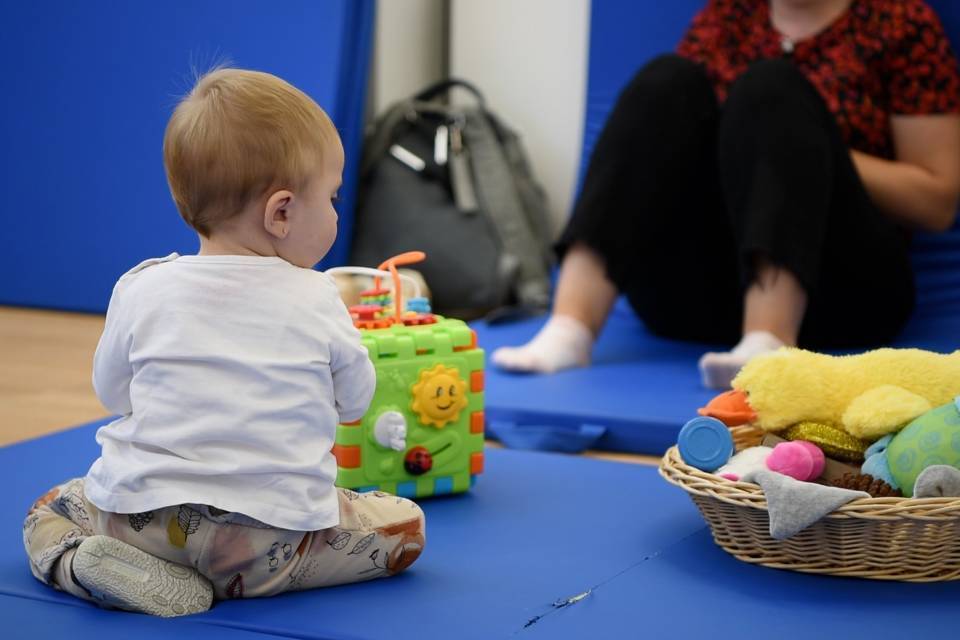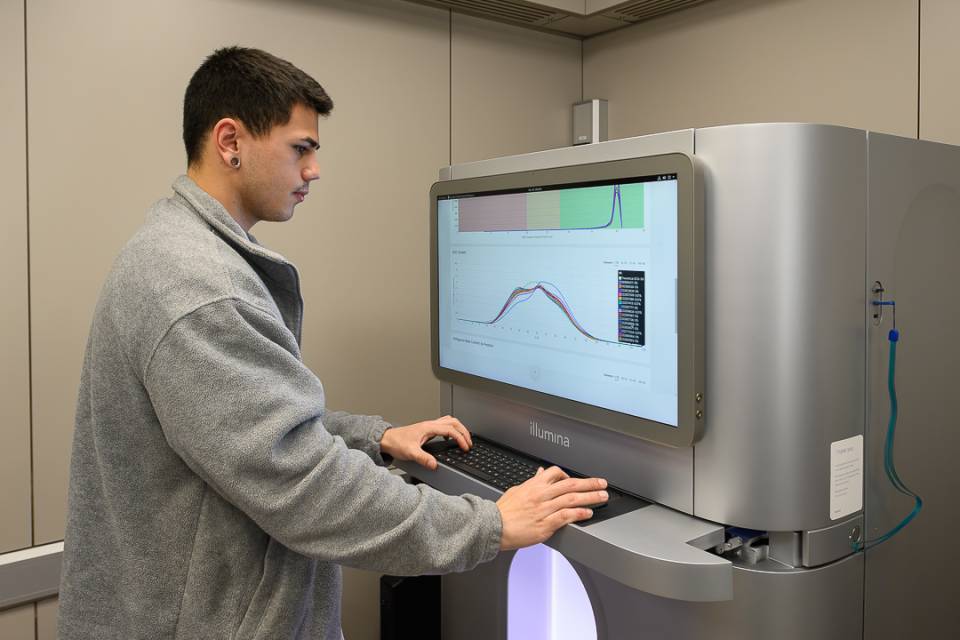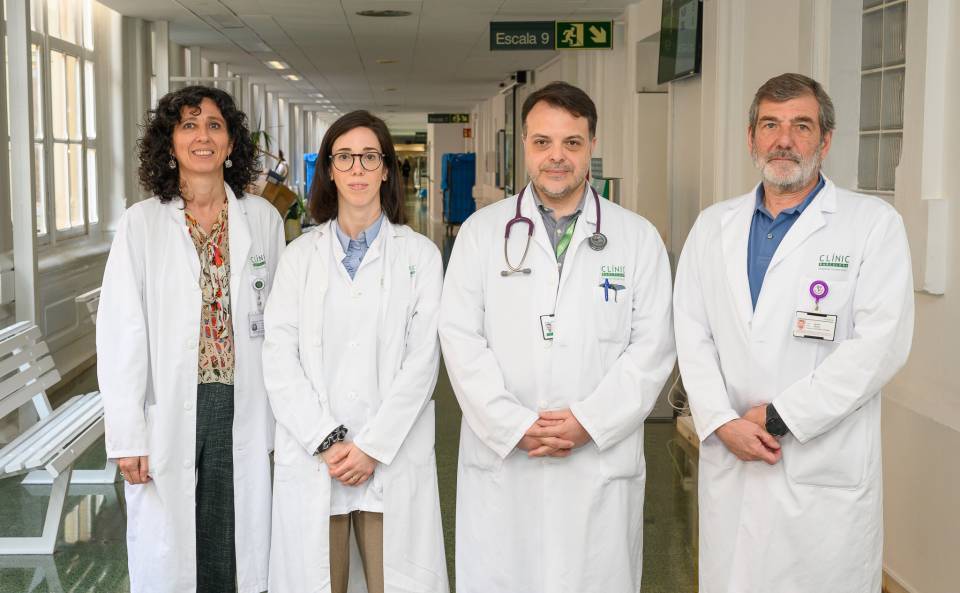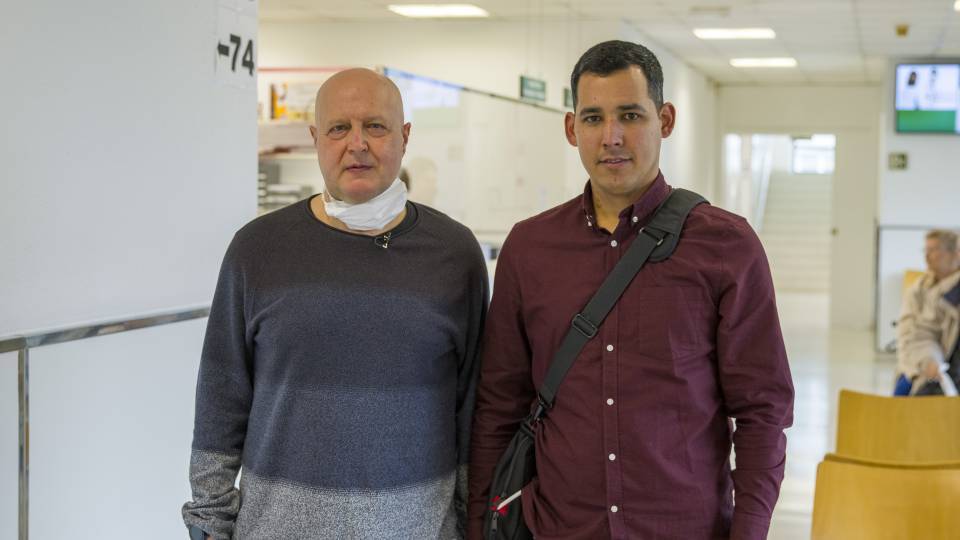One in five women will suffer from a perinatal mental health problem such as depression, anxiety, post-traumatic stress or obsessive compulsive disorder. These disorders can affect the mother’s ability to take care of herself and her baby, and can even interfere with mother-infant bonding. The onset of a new condition or the decompensation of a previous disorder, especially during the postpartum period, can make the transition to the new reality of motherhood difficult for many of these women.
Mental health problems in the perinatal period
Despite the alarming figures, the lack of recognition of perinatal mental health is reflected in various areas. In recent years, high-impact journals such as The Lancet have focused attention on the barriers to detecting and treating of mental health problems in the perinatal period, which appear to be greater than in other stages of life. Stigma is present—and amplified—during this period when we expect to find a healthy, happy mother, capable of everything and, above all, capable of caring.
But who looks after the mothers?
The early detection of perinatal mental health problems
The health system is not always prepared for detecting these disorders early. Early detection circuits, the training of health and social service professionals, and the creation of facilities specialized in the diagnosis and treatment of perinatal mental health disorders are needed. Moreover, many women, and those around them, do not recognize the fact that they have a mental health issue, thinking that what is happening to them is normal and part of the change in their role. All too often, mothers avoid seeking help out of shame or guilt, thinking that they should not feel this way at such a 'happy' time, and even for fear of being judged as ‘bad mothers’.
Perinatal mental health is not a secondary issue, and raising awareness in society and guaranteeing the existence of public policies that protect mothers, their babies and families is a common good. As Dr Vivette Glover says, improving the emotional state of mothers means improving the health of society.
No mother should be alone; we must look after all mothers and, especially, those who are experiencing mental health problems at such a complex time.





